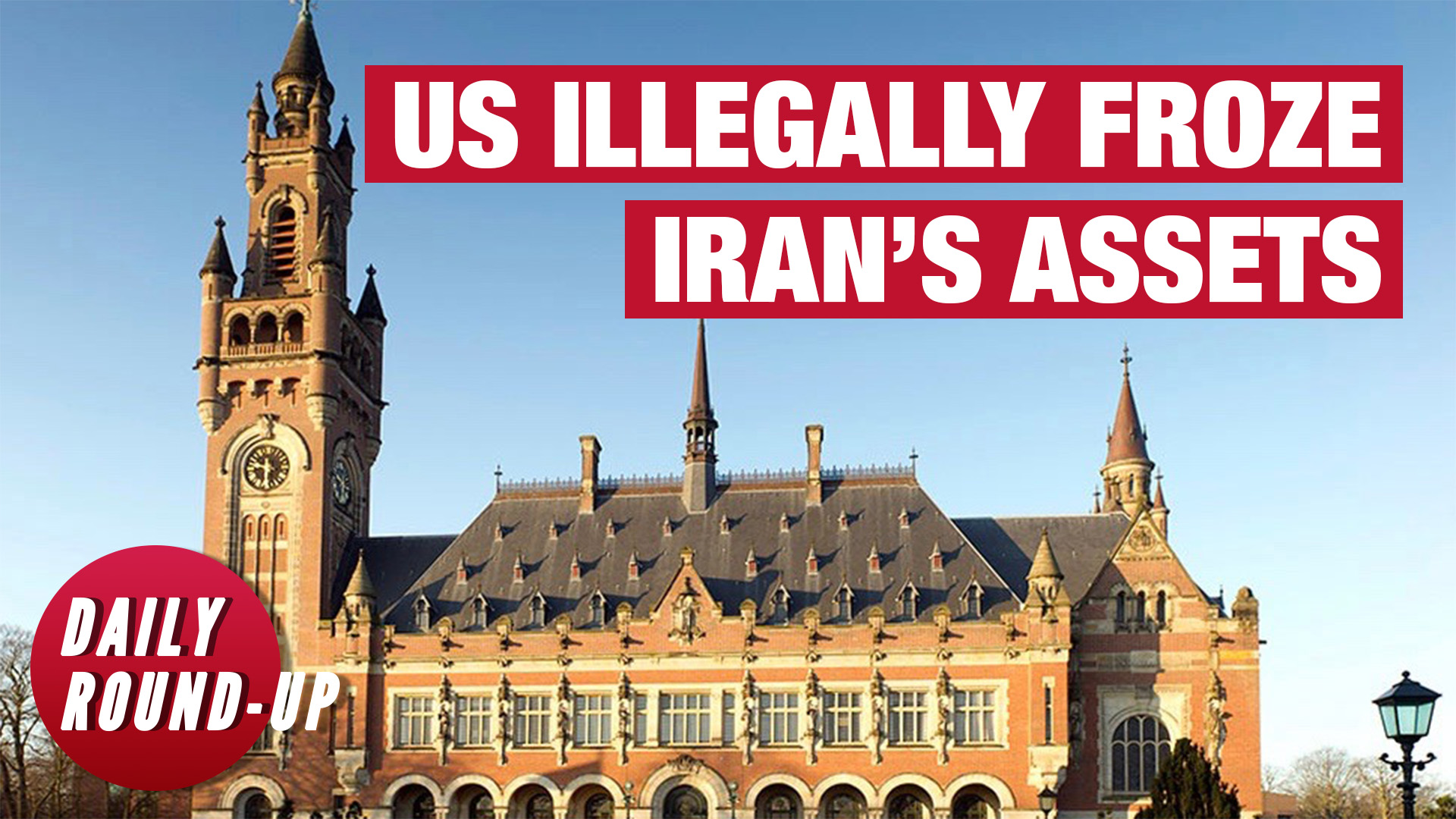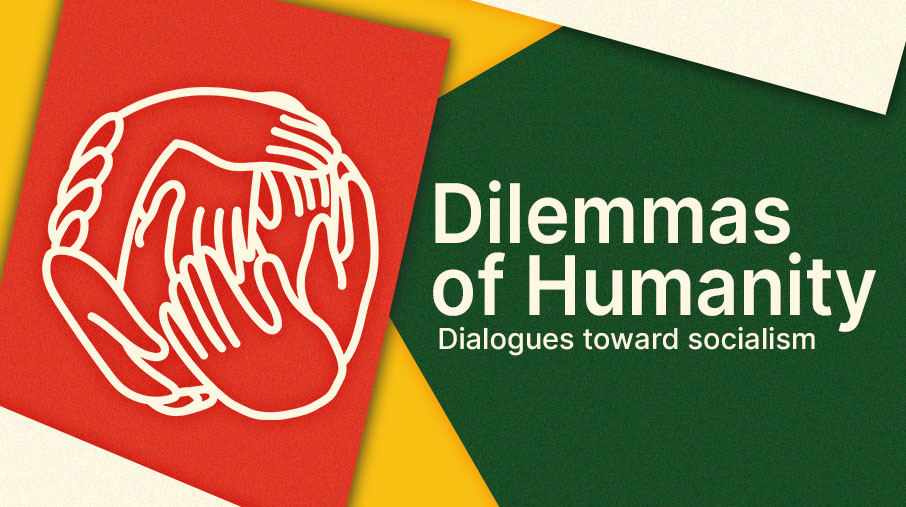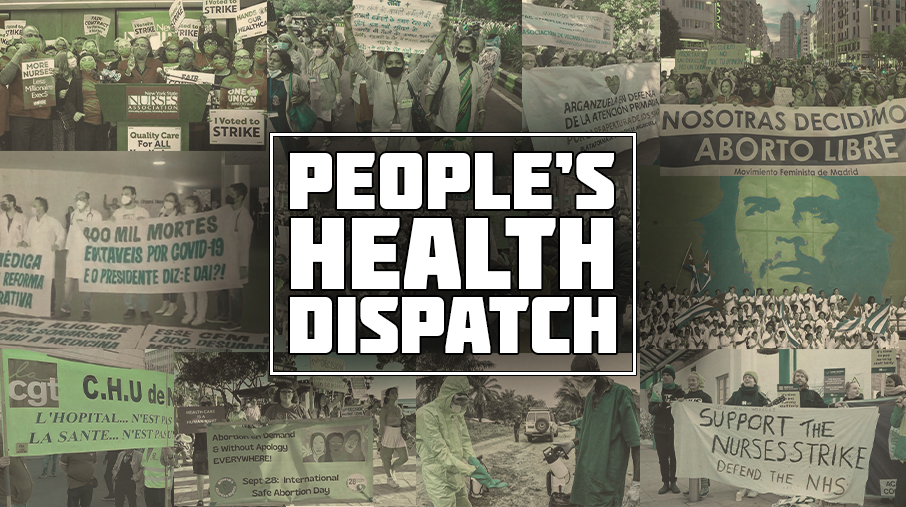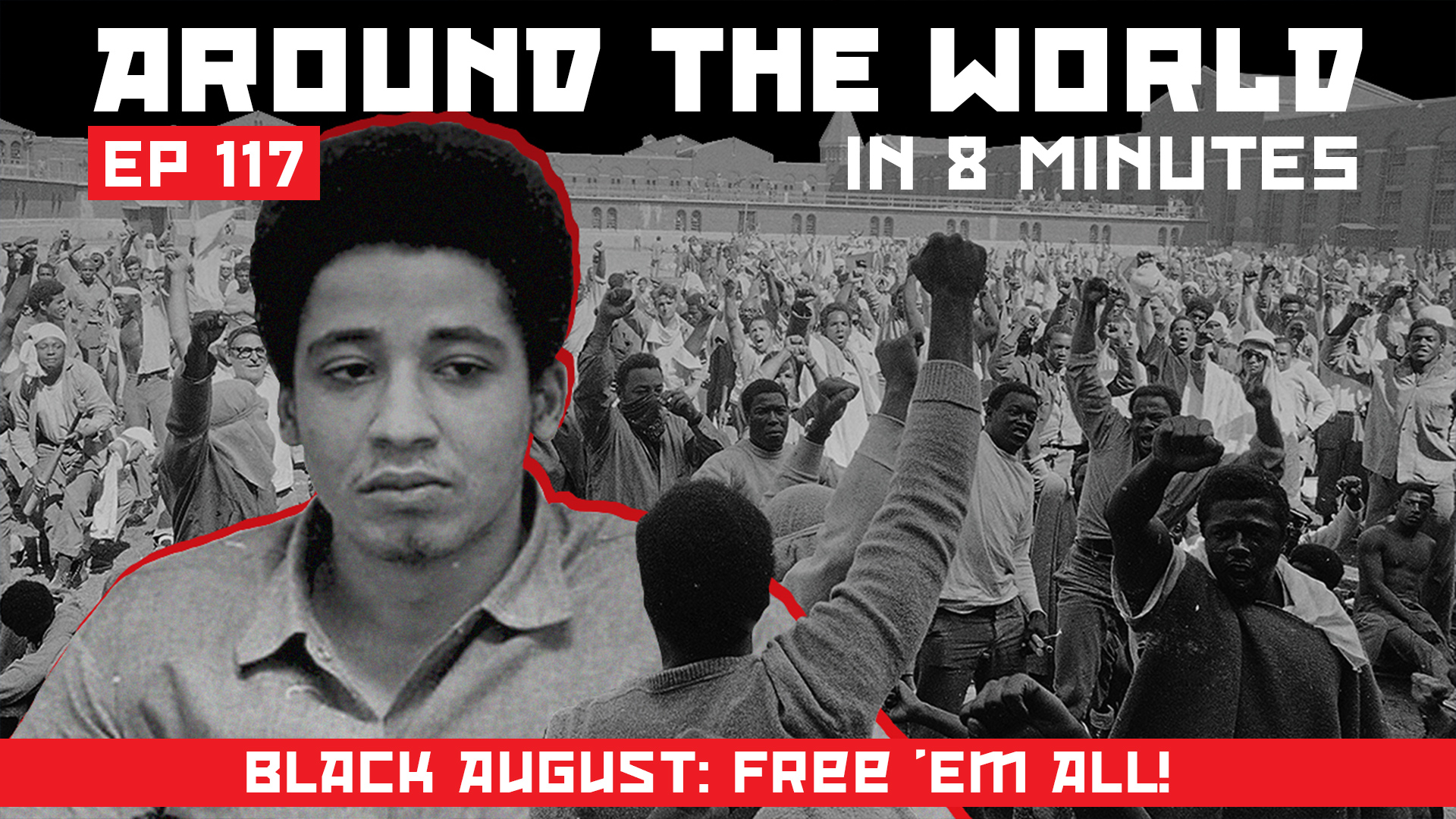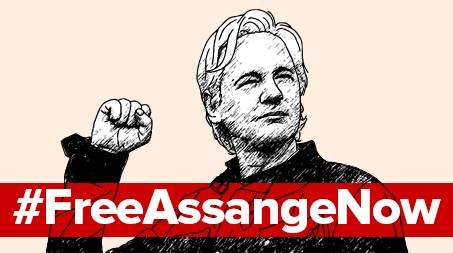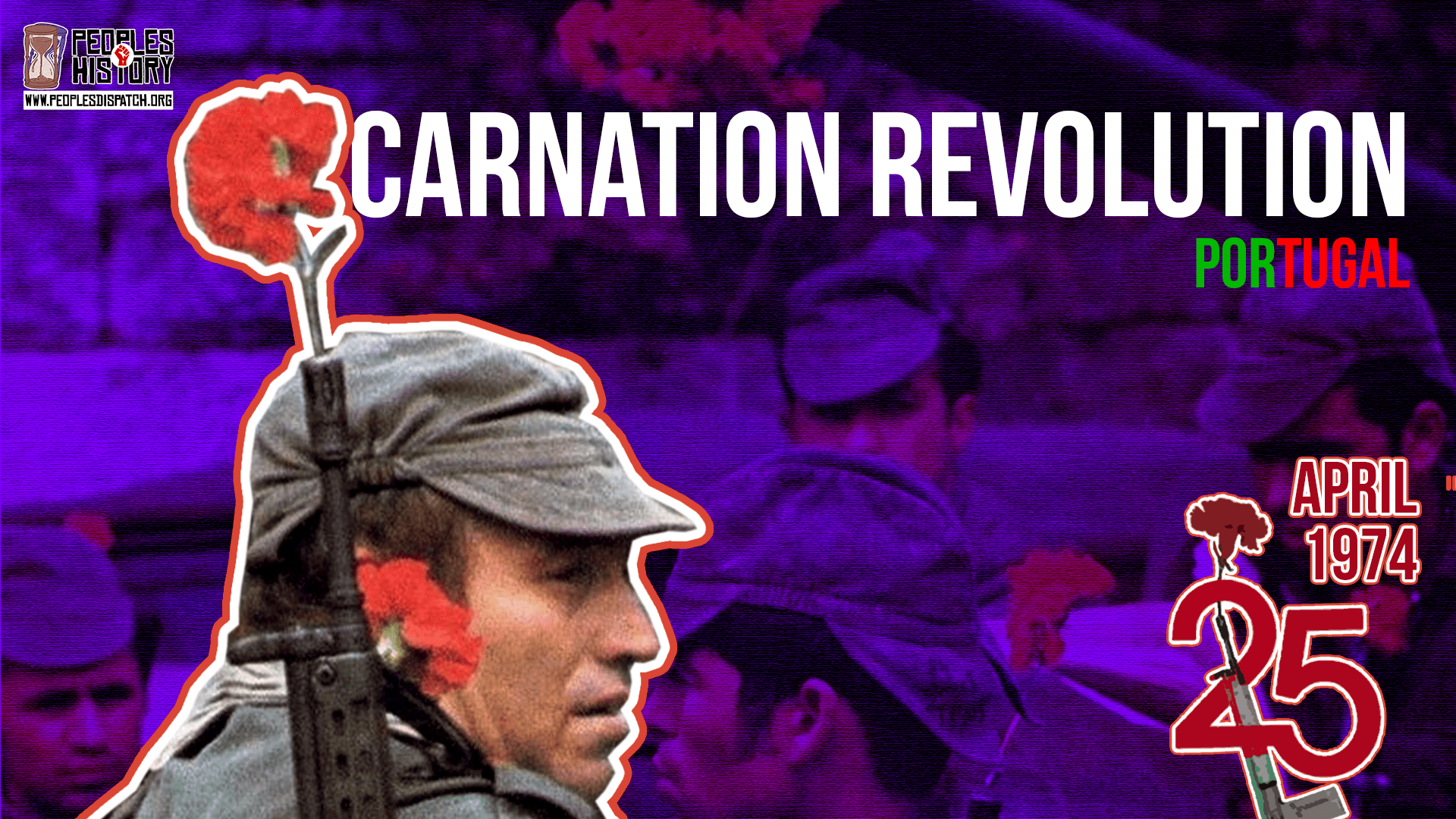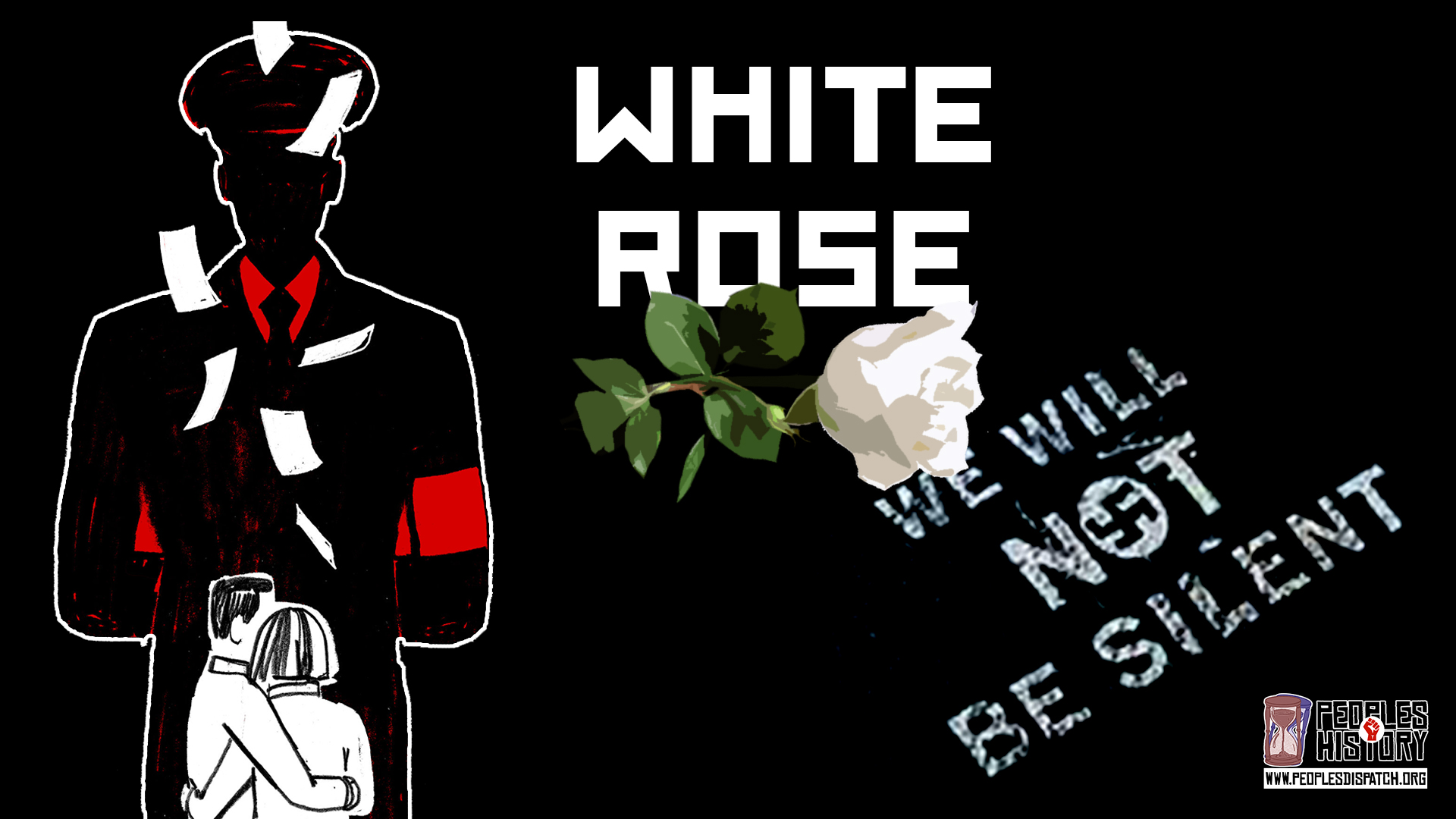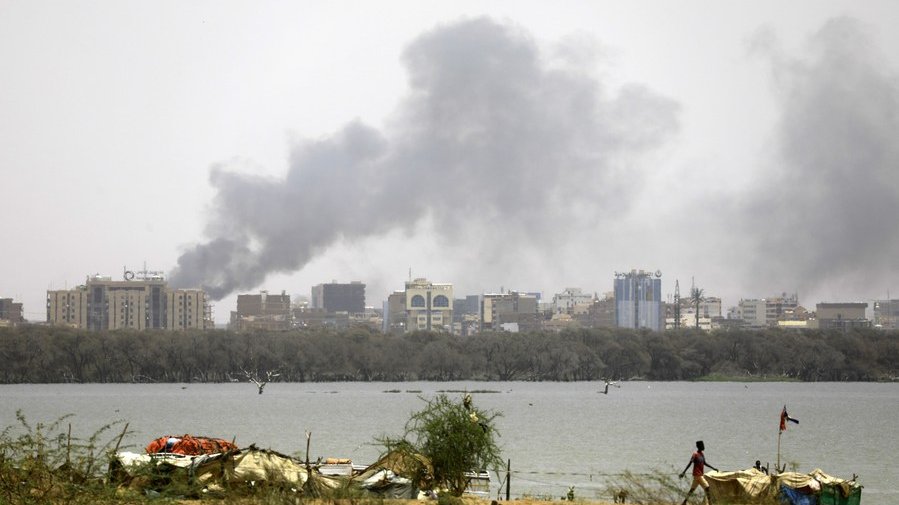 Sudan’s warring parties continue bombardment as thousands of corpses rot on the streets and over 20 million face hunger
Sudan’s warring parties continue bombardment as thousands of corpses rot on the streets and over 20 million face hunger
Thousands have been killed and over four million displaced by the war between Sudan’s military and paramilitary that is set to enter its fifth month with no signs of respite. Only 18 of the country’s 89 main hospitals are functioning, that too only at partial capacity
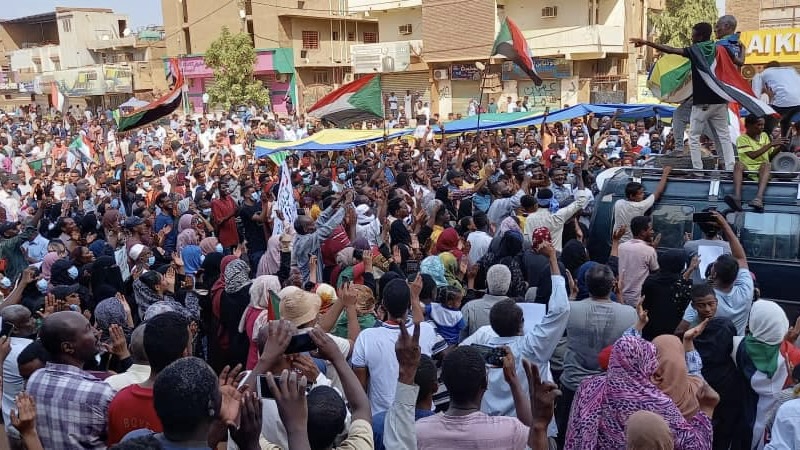 Sudan’s revolutionary forces reject transition deal, vow to continue resistance
Sudan’s revolutionary forces reject transition deal, vow to continue resistance
The Forces of Freedom and Change (FFC) and Sudan’s military junta have signed an initial framework agreement for a ‘civilian-led’ transition. However, the agreement has been rejected by the country’s revolutionary forces as a betrayal of the December Revolution
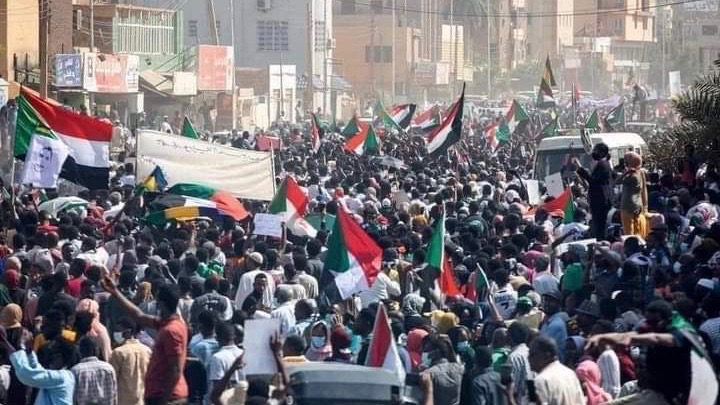 A year after military coup in Sudan, pro-democracy protesters reiterate call of “No Compromise!”
A year after military coup in Sudan, pro-democracy protesters reiterate call of “No Compromise!”
While right-wing parties negotiate with the army to reach a power-sharing agreement coalesced by the US, the streets show the people’s determination to overthrow the junta, argues the Sudanese Communist Party (SCP)
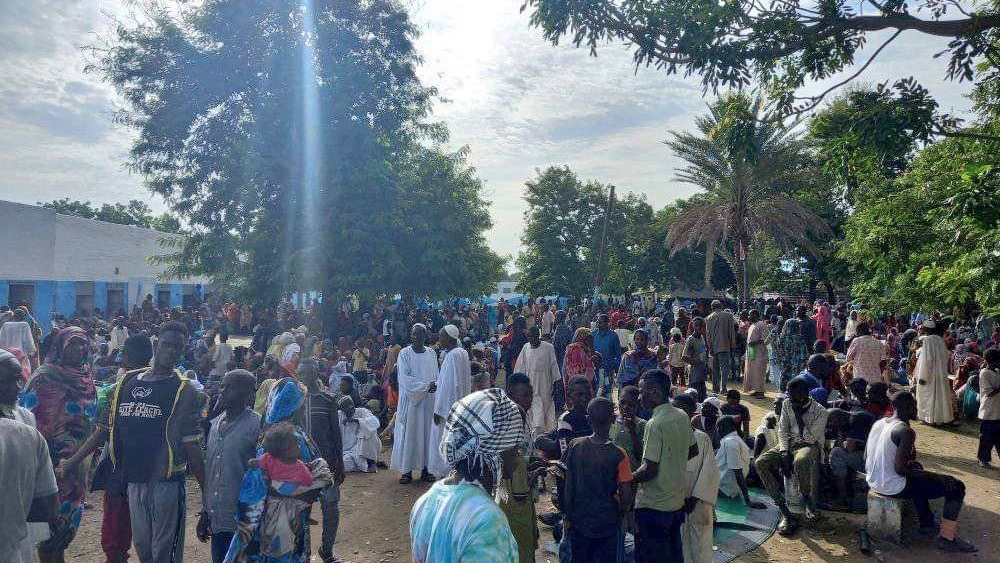 Blood-letting in the Blue Nile: ‘Tribal wars’ triggered for the survival of Sudan’s military junta?
Blood-letting in the Blue Nile: ‘Tribal wars’ triggered for the survival of Sudan’s military junta?
The junta in Sudan is deliberately dragging the country toward civil war by provoking tribal conflicts across the border States, warn communist activists and members of resistance committees
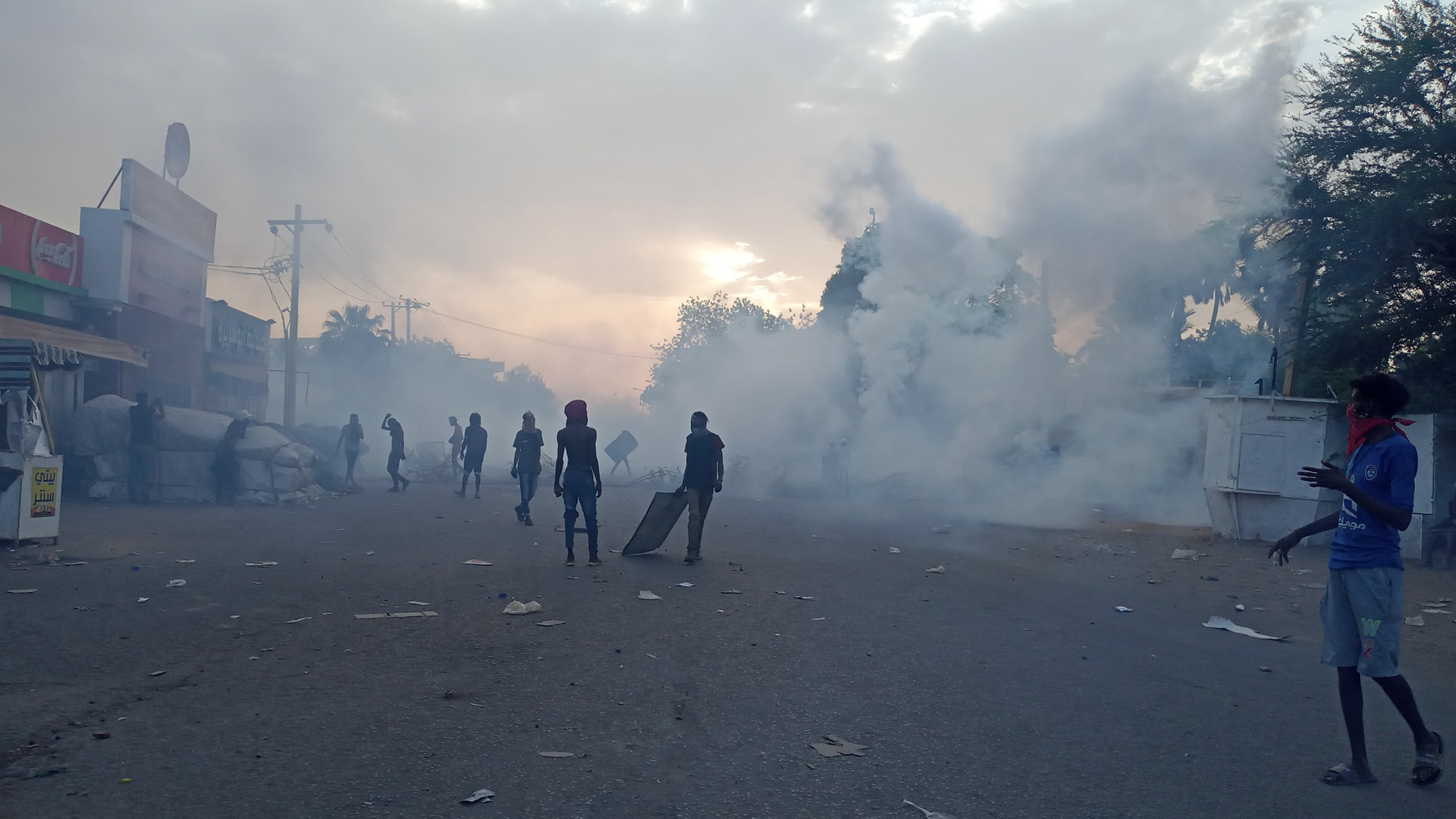 Sudan’s emergency has been ‘lifted’ but protesters continue to face repression
Sudan’s emergency has been ‘lifted’ but protesters continue to face repression
While international bodies, including the EU and UN, have welcomed the lifting of the state of emergency, little has changed on the ground, according to pro-democracy activists
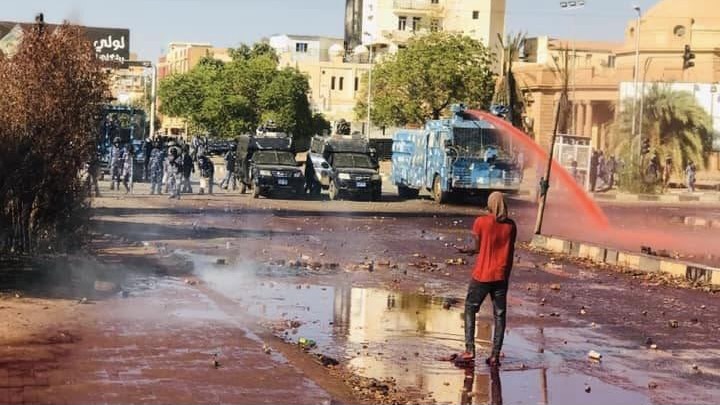 76 pro-democracy protesters killed in three months since the coup in Sudan
76 pro-democracy protesters killed in three months since the coup in Sudan
Three more protesters were shot dead and dozens were wounded by the security forces during the country-wide demonstrations against the coup on January 24. Protesters continue to barricade several neighborhoods and main roads.
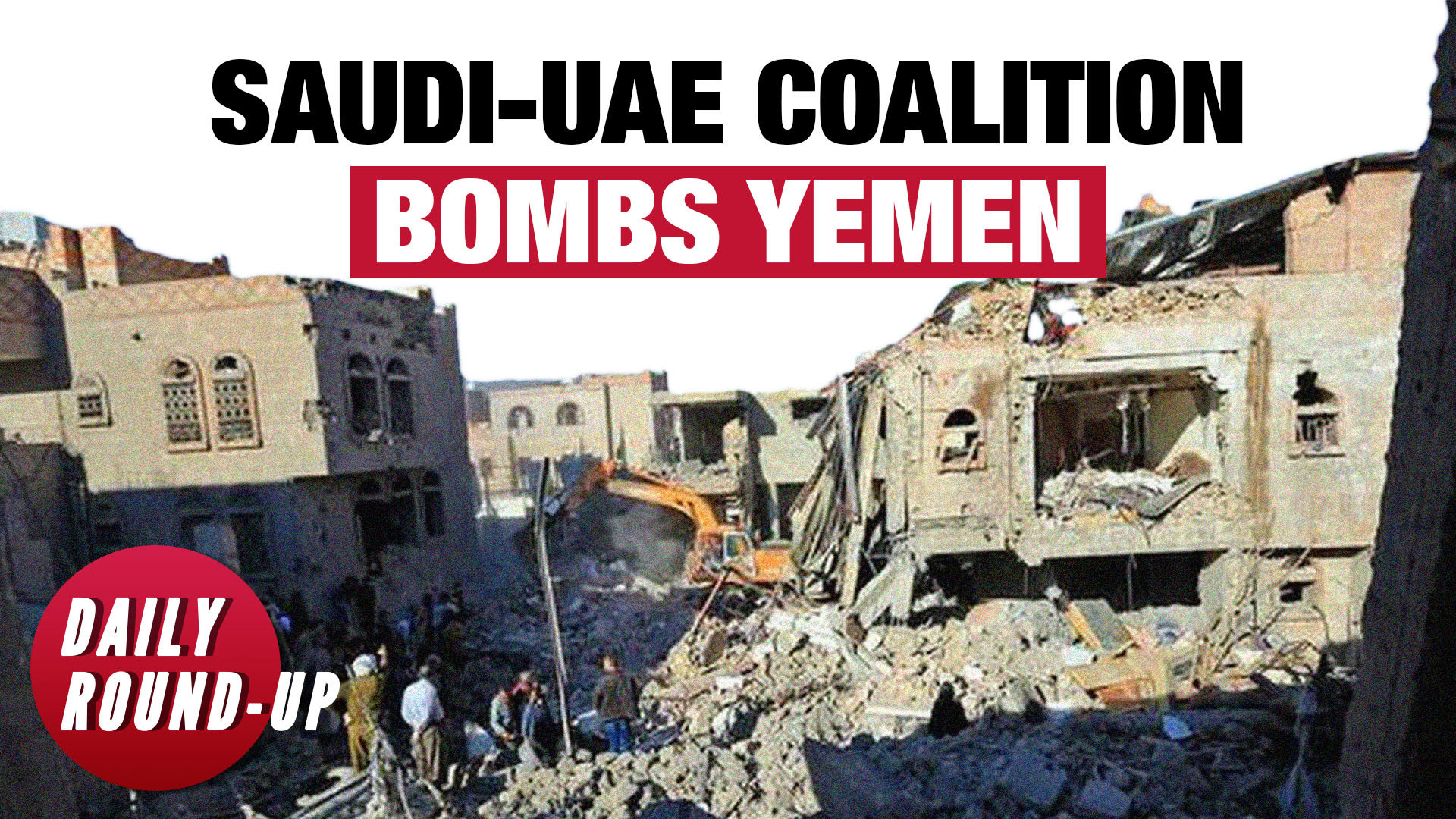 At least 14 killed after Saudi-led coalition launches raids on Sana’a and other stories
At least 14 killed after Saudi-led coalition launches raids on Sana’a and other stories
Today we look Saudi coalition air raids in Yemen after a Houthi attack on Abu Dhabi, violent attacks on anti-coup protestors in Sudan, and more
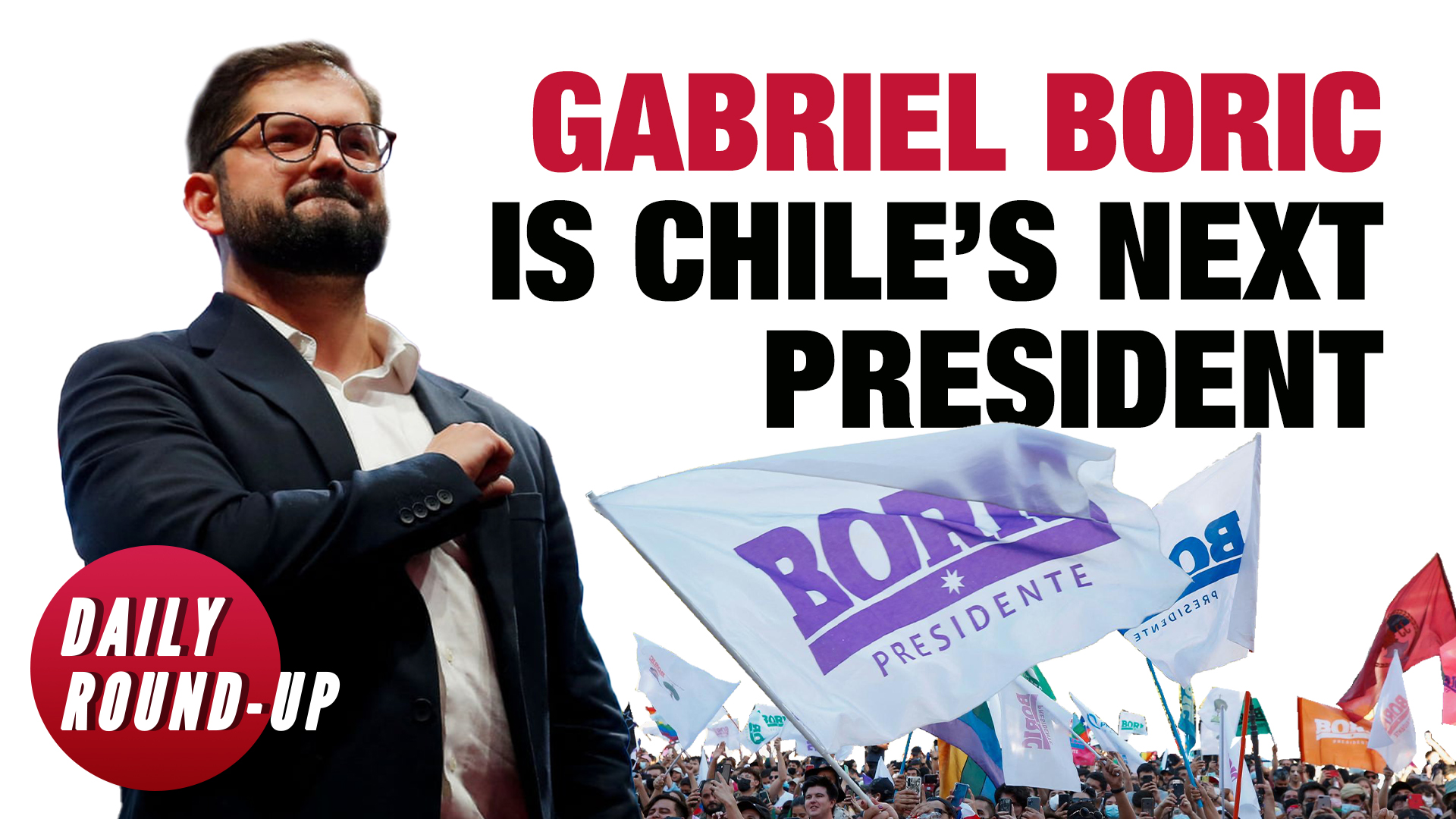 Leftist Gabriel Boric wins Chile’s key presidential election and other stories
Leftist Gabriel Boric wins Chile’s key presidential election and other stories
Today we look at the results of Chile’s presidential elections, mass protests in Sudan on the 3rd anniversary of the December Revolution, and more
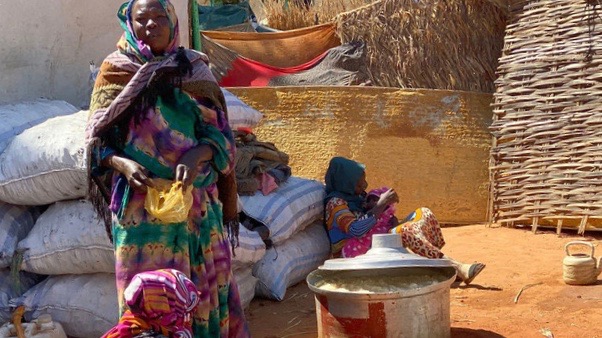 Over 83,000 displaced due to violence in Sudan’s Darfur region: OCHA
Over 83,000 displaced due to violence in Sudan’s Darfur region: OCHA
Among the multiple factors driving the violence are alleged mining interests, contest over land and water, and the attempt to end the war with a power-sharing deal between the leadership of the fighting parties without addressing the root causes or involving the communities
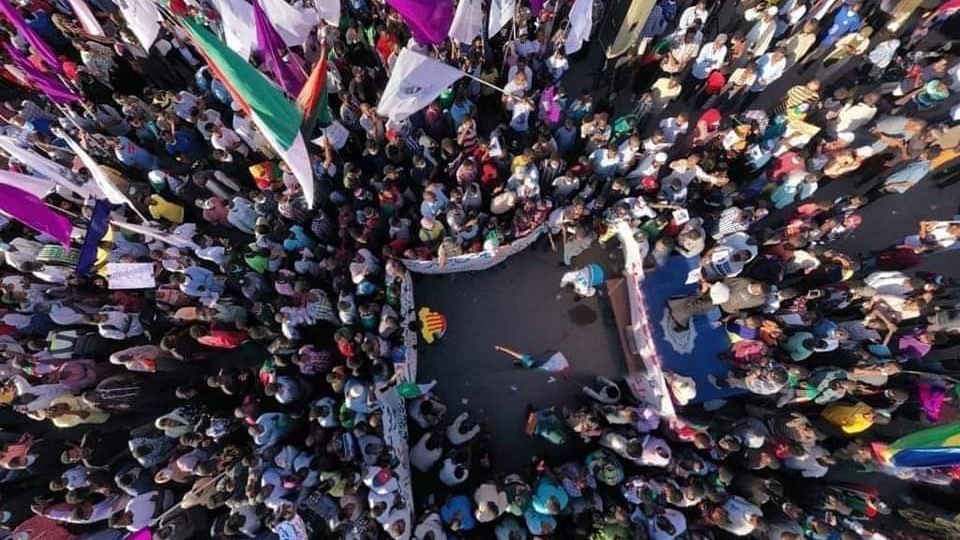 UN and AU endorse Sudan’s coup government, the streets do not
UN and AU endorse Sudan’s coup government, the streets do not
Protesters are not convinced by the UN and AU’s position that democracy can be won by accepting a government where the real levers of power are held by the military while a cabinet of technocrats is paraded before the international community to maintain the facade of ‘joint military-civilian rule’
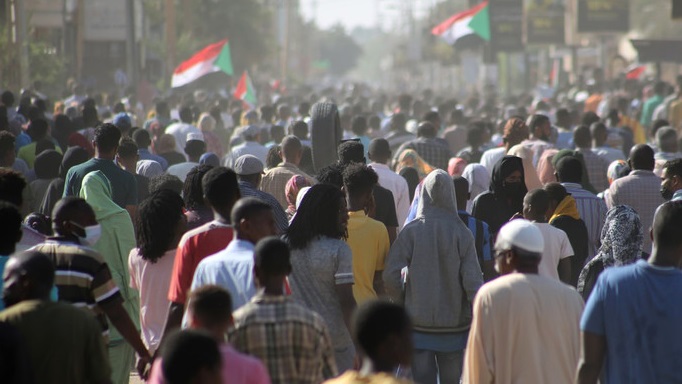 Country-wide protests planned in Sudan on Thursday against prime minister’s capitulation to army chief
Country-wide protests planned in Sudan on Thursday against prime minister’s capitulation to army chief
Critics claim that the agreement has not alleviated the level of repression or laid the foundation of any framework in which a transition to democracy can be realized. It only amounts to prime minister Abdalla Hamdok’s complete capitulation to the army generals, they say
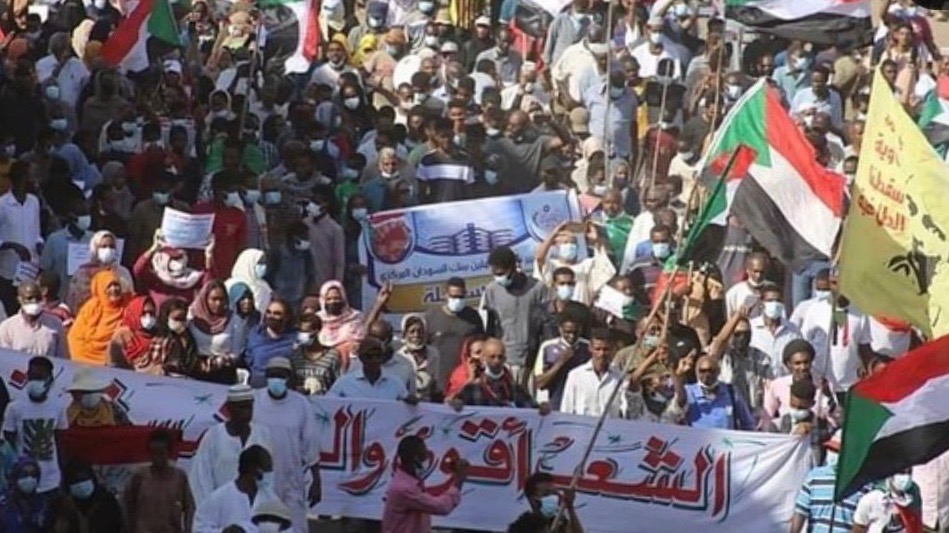 Sudan’s anti-coup protesters reject agreement to reinstate prime minister Abdalla Hamdok
Sudan’s anti-coup protesters reject agreement to reinstate prime minister Abdalla Hamdok
By agreeing to pick a new cabinet of technocrats devoid of all representation from civilian political parties, PM Hamdok has lost support of all sections of the protesters and most political parties


